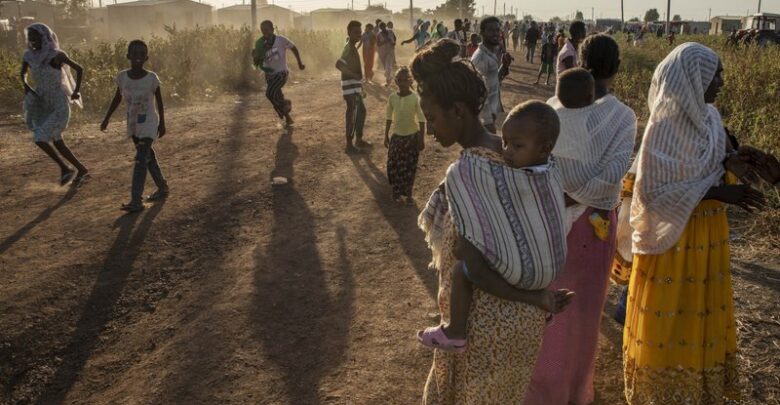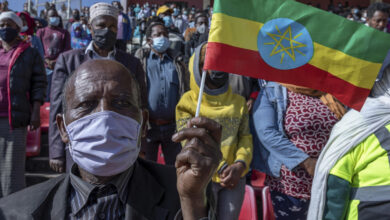Ethiopia
UN Agencies Appeal For US$73m Funding To Provide Food Aid To Refugees In Ethiopia

The United Nations (UN) World Food Programme (WFP), Refugee Agency (UNHCR) and the Ethiopian Government Refugees and Returnees Service (RRS) on Tuesday appealed for funding of US$73 million to provide food aid to more than 750,000 refugees in Ethiopia, during the next six months, reported The UN News.
The UN agencies warned that WFP will completely run out of food supplies for refugees by October. It is feared that the impending crisis will leave vulnerable families, who are dependent on the food assistance for survival, at risk of undernutrition, micronutrient deficiency, and increased susceptibility to diseases.
“Three quarters of a million refugees will be left with nothing to eat in just a matter of weeks unless we receive funding immediately,” said Claude Jibidar, WFP’s Representative and Country Director for Ethiopia.
Jibidar said that the priority will be to restore assistance to at least minimum levels for refugees.
“We have a shortfall of US$73 million for refugees’ minimum needs and we are deeply concerned that if funding cuts continue, they may consider returning to their places of origin when it is unsafe,” the WFP official said.
UNHCR’s Deputy Representative in Ethiopia, Margaret Atieno, said the humanitarian agencies are grateful for what donors have provided so far, but he said more funding is needed and quickly.
The agencies made an appeal to all international partners to boost efforts to address food needs of the refugees in line with international commitments.
Notably, Ethiopia is home to over a million registered refugees and asylum-seekers, most of whom are from Eritrea, South Sudan, Somalia, and Sudan. About 750,000 refugees are completely dependent on humanitarian food assistance.
Due to funding shortfalls, the UN food agency has already been forced to cut rations for the registered refugees living in 22 camps and five sites.
The WFP had first reduced the food rations for refugees living in Ethiopia by 16 percent in November 2015, by 40 percent in November 2021, and by 50 percent in June 2022.






